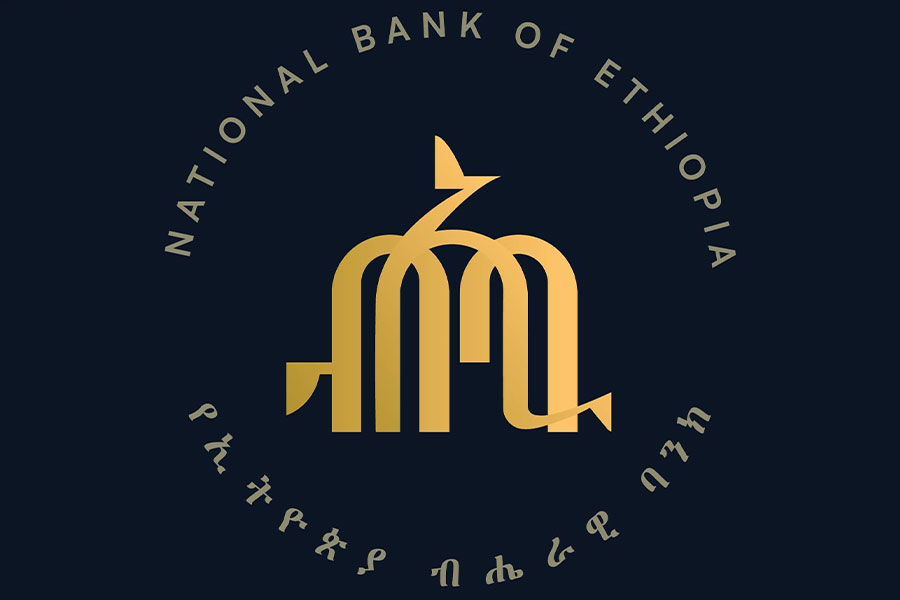
Tulu Moye Geothermal Operations Plc has started the first phase of drilling to generate 50MW of power in Iteya geothermal site in Arsi Zone of Oromia Regional State.
The drilling operation is part of the project to construct a 150MW geothermal power plant by 2025, which will be delivered in two phases, with an estimated total investment of 800 million dollars.
The exploration of the three wells during the first phase was partially funded by the Geothermal Risk Mitigation Facility for Eastern Africa, which has supplied 10 million dollars. The United States Trade & Development Agency has financed 1.2 million dollars. The three wells at the site will each reach a depth of 2,500m below sea level.
The Kenya-based company KenGen has started the drilling process to generate 50MW, which is expected to be finished by February 2023. The drilling currently employs 400 people, and 80pc are local residents. KenGen has 30 to 40 employees with 10 to 30 years of experience in the field.
The project also includes the construction of 15Km of gravel road in Tosa District and the drilling of portable water wells for the residents. Both additional projects are already underway. The road is being constructed by Mikada Engineering with the supervision of MGM Consulting at a cost of 120 million Br.
Tulu Moye Geothermal Operations employees attend the launch of drilling on March 4, 2020.
Ethiopia, which is highly dependent on hydro and wind power sources, has the potential to generate 10,000MW of energy from geothermal sources. Tulu Moye, the first private sector company to start drilling a geothermal energy project, says the area has the ability to supply 2,000MW over the next 10 to 30 years.
It is estimated that the country has the potential to generate 45,000MW of hydropower and 1.3 million megawatts of energy from wind. Hydropower is most critical to Ethiopia, since it is cheaper than other sources and nine of the country's major rivers are suitable for hydroelectric power generation.
The investment can only be successful if there is a positive feeling about the project by the community, according to Darren Boyd, CEO of Tulu Moye.
The company has a three-year vision and plan for community development and has already sent 40 young people from the local area to a technical school in Addis Abeba for a three-year programme.
Zerihun Mekonen, mayor of Iteya District that has around 200,000 residents, 50,000 of which live in the city, explained that the project has passed through various challenges.
“At the beginning, the people of the District did not understand the aim of the project," he said. "However, with continuous lessons given to the residents, they now know what it is about."
Tibu Geso, a 38-year-old father of five residing in Tosa District of Iteya, is optimistic about the project.
He grows teff, wheat and barley on his four hectares of land and has been working as a day labourer on the road construction project earning 3,500 Br every two weeks.
"Initially, we were sceptical of the project due to its uniqueness for both the town and the country," said Tibu. "The thunderous sound and the shaking ground caused by the operation created fear among the residents.”
The residents heavily expect that the project will address their need for electric power, according to Tibu.
Tigabu Atalo, an energy expert, commented that geothermal energy provides baseload power, which can serve day in, day out and is a good option for Ethiopia.
“The country hasn't implemented the technology so far because of its high cost, and this project is considered a good start,” said Tigabu.
He thinks that as the operator is a private power provider, how reasonable the tariff is will be an issue of concern. He explains that the tariff of power may decline due to the wide and aggressive investment of the country in different sources of power.
"The company’s future may be affected, even if it has a long-term contract with Ethiopian Electric Power," the expert said.
Though the company conducted an environmental impact assessment, it should teach and invest in the community to create awareness of the benefits of the project to the local population and the country as a whole, recommends Tigabu.
PUBLISHED ON
Mar 07,2020 [ VOL
20 , NO
1036]
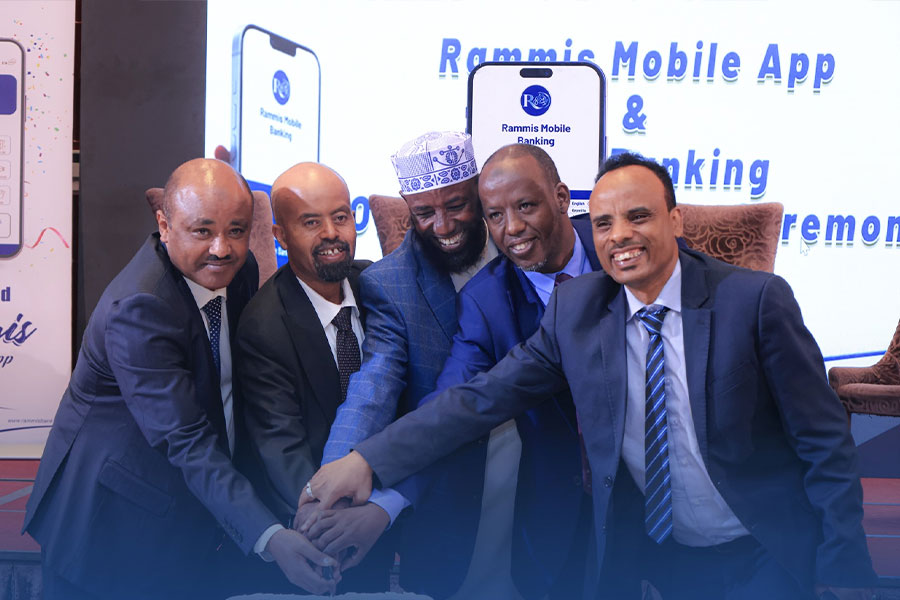
Radar | Jun 15,2025

Fortune News | Nov 29,2020
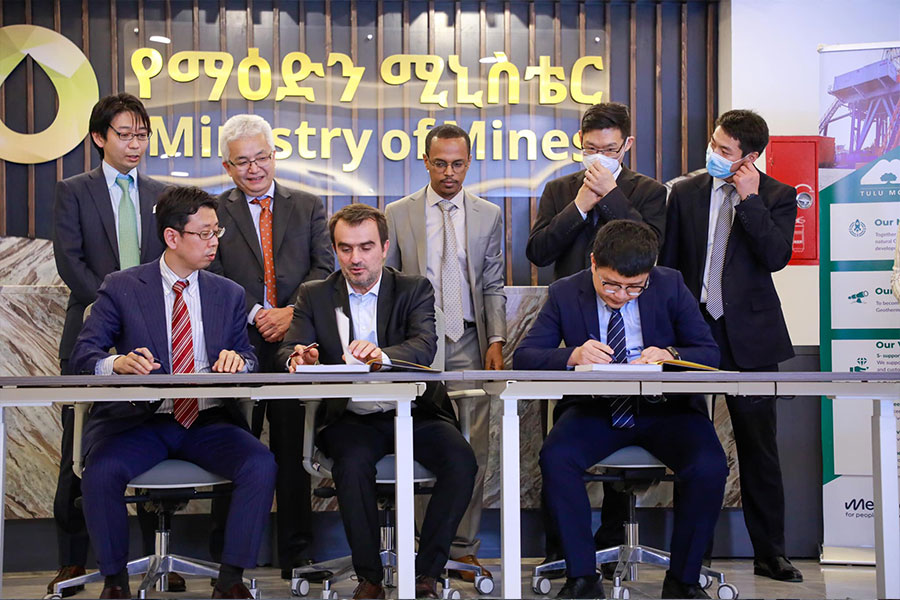
Fortune News | Apr 02,2022

Radar | Nov 09,2024

Radar | Mar 20,2021
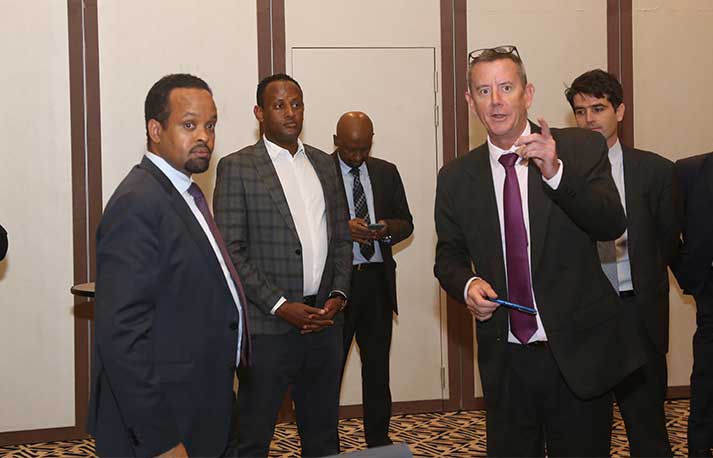
Fortune News | Apr 04,2020

Fortune News | Apr 06,2019
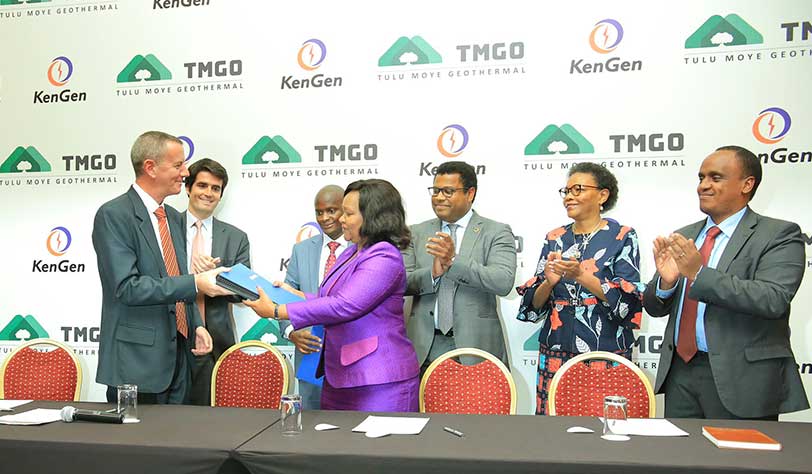
Fortune News | Oct 26,2019

Radar | Jan 23,2021

Covid-19 | Jul 06,2021

Dec 22 , 2024 . By TIZITA SHEWAFERAW
Charged with transforming colossal state-owned enterprises into modern and competitiv...

Aug 18 , 2024 . By AKSAH ITALO
Although predictable Yonas Zerihun's job in the ride-hailing service is not immune to...

Jul 28 , 2024 . By TIZITA SHEWAFERAW
Unhabitual, perhaps too many, Samuel Gebreyohannes, 38, used to occasionally enjoy a couple of beers at breakfast. However, he recently swit...

Jul 13 , 2024 . By AKSAH ITALO
Investors who rely on tractors, trucks, and field vehicles for commuting, transporting commodities, and f...

Nov 1 , 2025
The National Bank of Ethiopia (NBE) issued a statement two weeks ago that appeared to...

Oct 25 , 2025
The regulatory machinery is on overdrive. In only two years, no fewer than 35 new pro...

Oct 18 , 2025
The political establishment, notably the ruling party and its top brass, has become p...

Oct 11 , 2025
Ladislas Farago, a roving Associated Press (AP) correspondent, arrived in Ethiopia in...